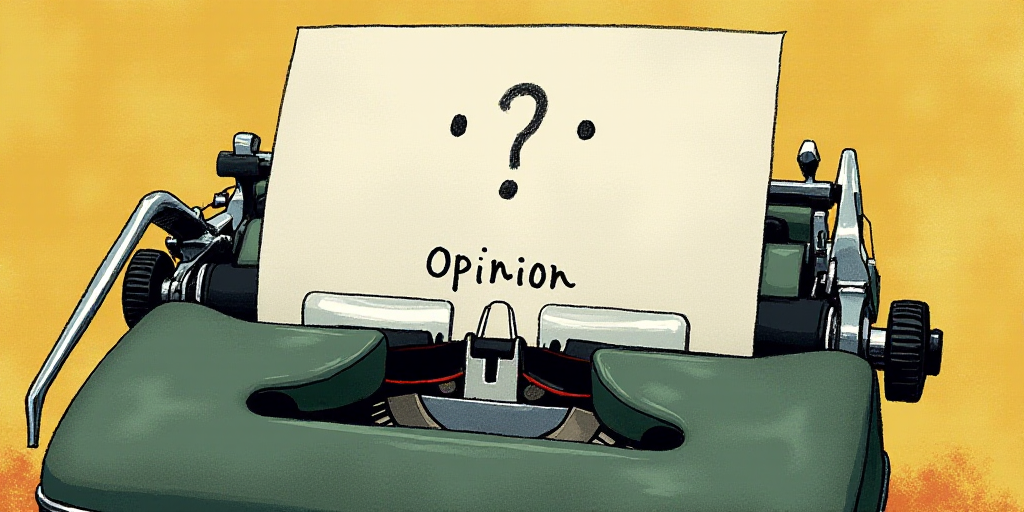Introduction
In high school, a forward-thinking teacher introduced us to Spike Lee’s controversial film “Do the Right Thing,” sparking a discussion on the complexities of protest and justice. The movie’s climax features the destruction of a long-standing, white-owned pizzeria in a predominantly black neighborhood following the police killing of an unarmed black teenager. This event prompted our teacher to ask, “On which side do you stand? What does ‘doing the right thing’ mean?”
The Relevance of “Do the Right Thing”
“Do the Right Thing” serves as a lens through which we can examine current social unrest, particularly in Los Angeles. The film’s powerful imagery of a mini-riot raises questions about the balance between property rights and human life, especially in the face of systemic racism and police brutality.
The Los Angeles Protests: A Modern-Day “Do the Right Thing”
In recent times, Los Angeles has witnessed widespread protests against immigration raids and the Trump administration’s policies. These demonstrations echo the themes of “Do the Right Thing,” as protesters prioritize community protection and human dignity over property rights.
- Who are the protesters? The protests in Los Angeles involve people of various backgrounds, including immigrants and allies who seek to assert their stance against perceived injustices.
- What are they protesting? Demonstrators are advocating for the rights of immigrants and people of color, standing against the perceived threats posed by ICE and the Trump administration’s policies.
- Why are these protests significant? These protests represent the last bastion of liberalism amidst a global resurgence of authoritarianism, much like the pizzeria in “Do the Right Thing” symbolized a dwindling symbol of private property in a changing neighborhood.
The Capacity for Change in a Liberal Democracy
Despite the importance of private property, the current climate underscores that human life should take precedence. When government institutions fail to protect citizens from arbitrary actions, as in the case of police brutality, the very foundations of a liberal democracy are threatened.
“No Kings Day” and the Power of Resistance
Public demonstrations, such as “No Kings Day,” serve as reminders that citizens will not tolerate authoritarianism. These events echo historical resistance movements, demonstrating that liberal democracies still possess a fighting spirit, even in the face of seemingly insurmountable challenges.
The Role of Undocumented Immigrants in Social Movements
Undocumented immigrants, particularly Latinos, play a crucial role in modern social movements. Their participation in protests highlights the intersectionality of various forms of oppression and the necessity for solidarity across different communities.
Los Angeles: A City of Resistance
Los Angeles, a historically diverse and politically liberal city, has long been a bastion for marginalized communities. The recent protests reflect the city’s inherent potential for revolutionary change, echoing the unrest depicted in James Ellroy’s novels and the defiant spirit of its residents.
Literary Reflections: Ryan Gattis’s “All Involved”
Ryan Gattis’s novel “All Involved” offers a compelling narrative set against the backdrop of the 1992 Los Angeles riots following the acquittal of police officers in the Rodney King beating case. The book explores the multifaceted nature of violence and the diverse perspectives that shape urban landscapes.
A Tapestry of Perspectives
Gattis’s novel masterfully weaves together various viewpoints, much like the Japanese film “Rashomon.” By presenting a range of characters—including gang members, law enforcement officials, and bystanders—Gattis sheds light on the complexities of life in South Central Los Angeles.
The Timeless Relevance of Social Unrest
Contemporary social unrest, as depicted in “All Involved” and in the streets of Los Angeles, serves as a reminder of the erosion of liberal democracies over time. These protests symbolize resistance against the creeping authoritarianism that threatens to undermine the very principles of democracy.






